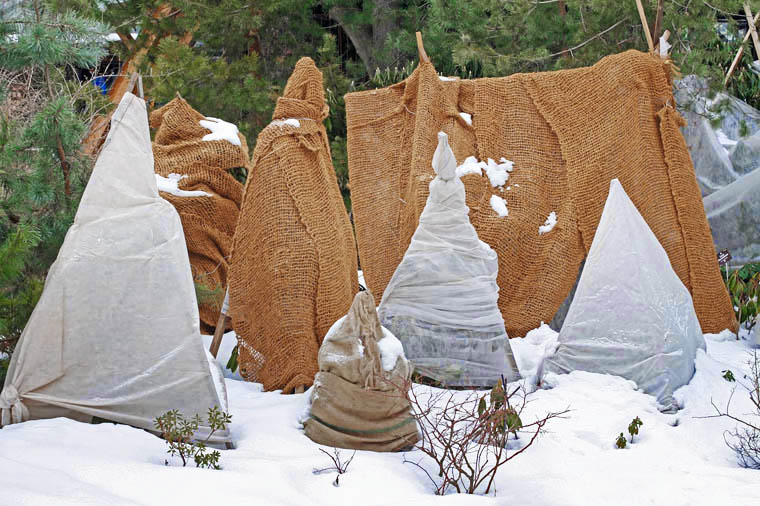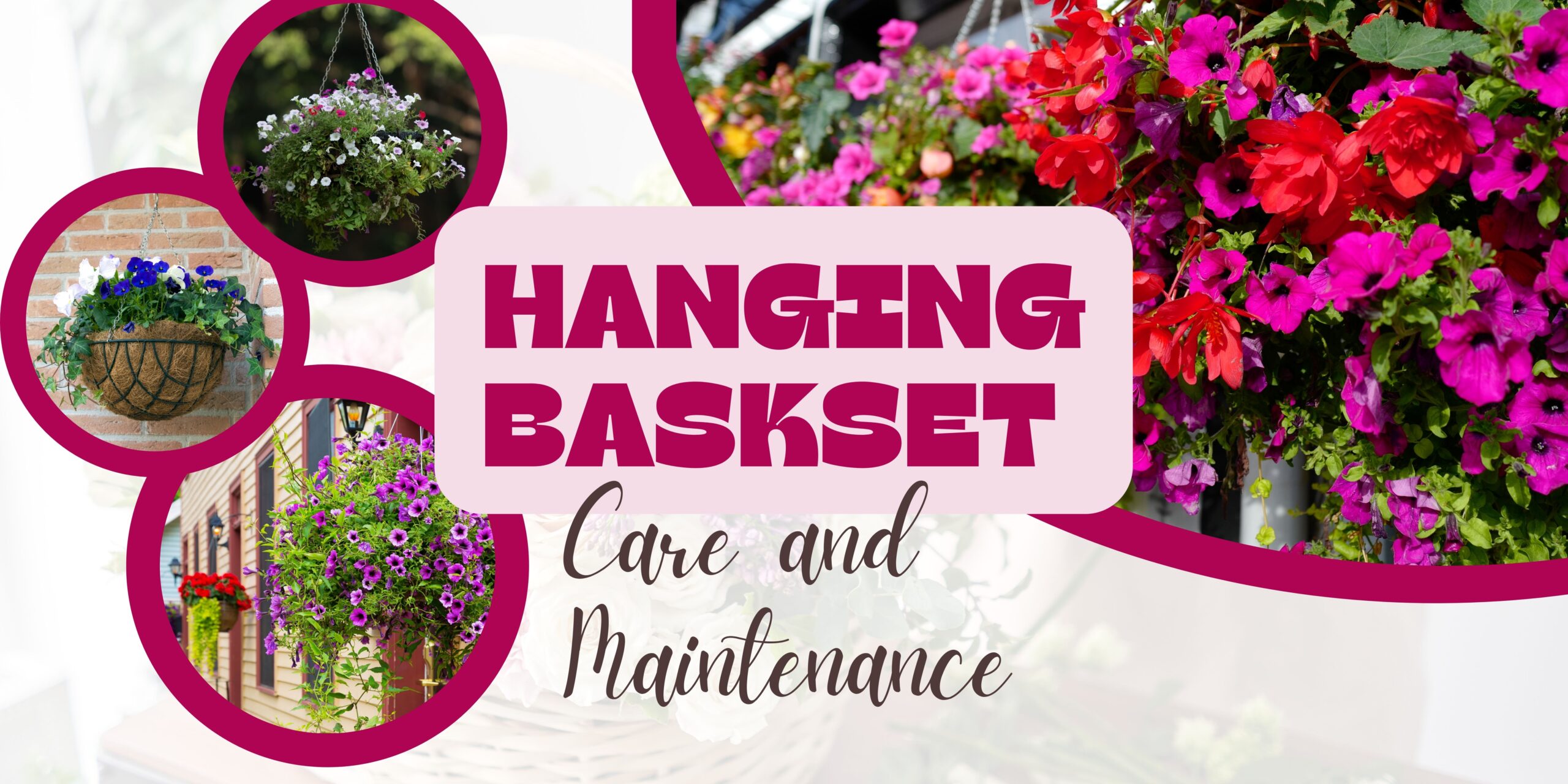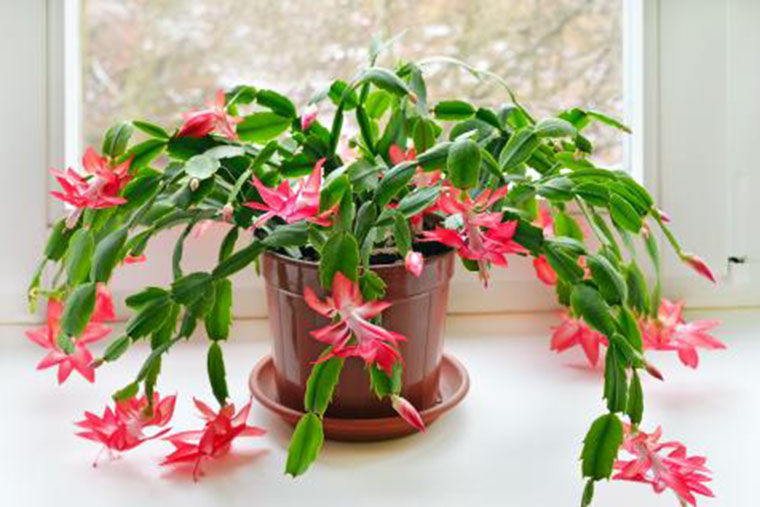To Wrap or Not to Wrap, That is the Question.
It is not uncommon to see people wrapping their plants to help prevent damage over the winter. However, we have found that wrapping plants can sometimes be just as damaging, so it’s important to correctly assess the circumstances before deciding if and how you should wrap your plants. Here are a few things to consider when deciding whether to wrap or not.
Will the Covering Keep my Plant Warmer?
In most cases, no. While clear plastic coverings can act as a greenhouse, increasing temperature during the day, the warmer temperatures are usually only held while the sun is out and the temperature tends to drop back down at night. This swing in temperatures which can actually make surviving the winter harder on a plant. Other coverings, such as burlap, don’t retain any heat. The best way to protect a plant from colder than typically tolerated weather is to properly insulate the root system with a good layer of mulch around the base of the plant. Keeping the above ground portion of a plant warmer should not be needed, so long as appropriate plants for your climate have been chosen.
Will the Covering Reduce Moisture Loss?
Usually moisture loss is due to dry winter winds. A plant covering would significantly reduce the amount of wind a plant experiences, however, most native species would be acclimated to our winter winds and would prefer the opportunity to dry out a bit. By covering a plant native to our region you may end up retaining too much moisture, possibly causing rot. The type of covering will also play a role in whether or not a plant retains too much moisture. If a plant covering is needed, choose a covering that can breathe such a thin layer of burlap, rather than any sort of plastic sheeting which will trap too much moisture.
Will the Covering Prevent Animal Damage?
It will depend on the animal. While wrapping a plant with burlap could help prevent deer from nipping at your tender branches, it could also just as easily provide the ideal environment for rodents to bunker down for the winter. Better solutions to prevent animal damage include plastic tree trunk wraps, spreading blood meal around the base of the plant, and, if needed, localized fencing to prevent the deer from grazing.
Will the Covering Prevent Sun Damage?
It will depend on the type of covering. Some coverings, such as clear plastic can actually make sun damage worse. Clear plastic can act like a greenhouse, increasing the internal temperature which can cause a couple of different problems. If the temperature gets too hot it can scald the plant, this is especially true for some evergreens. If the temperature warms only a little it can confuse the plant, bringing it out of dormancy only to die when temperatures drop back down again. While a thin layer of burlap can help, there are better ways to help prevent sunscald that won’t interfere with your plants internal thermometer or create a cozy hotel for unwanted critters.
Will the Covering Prevent Ice Damage?
Most plants will do ok even if we have a lot of ice over the season. However certain plants, such as upright junipers and cedars, have a disadvantage due to their upright growth pattern and would benefit from a thin layer of burlap to help protect them in the event of an ice storm or heavy freezing rains. In this case, it would be best to cover temporarily when icy rains are expected but to leave the coverings off for the majority of the winter season.
To Wrap or Not?
We say, usually not. With a very select few exceptions, most plants zoned for our region will actually do better if not wrapped. Wrapping can cause a number of other issues that can easily be avoided by simply choosing the right plants. If you do need to wrap, choose breathable lightweight fabrics, such as thin burlap, and try to use them sparingly. Get to know your plants, know your zone and take the extra effort out of maintaining your landscape through the winter.
 |
| 



